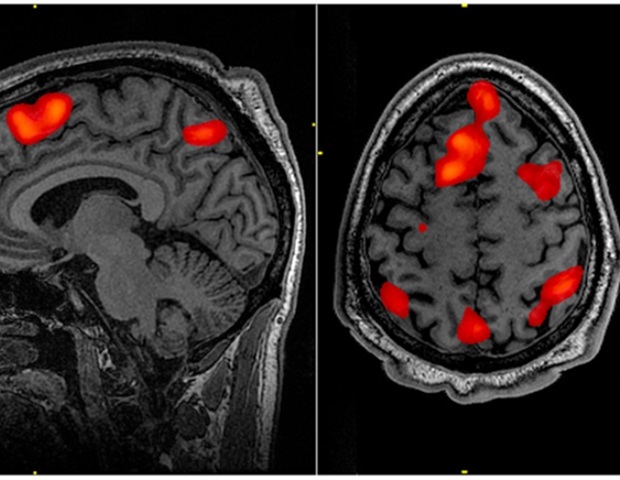Writing the documentation that must go alongside the development of new drugs is a highly labor-intensive process: not much software is used and there’s a shortage of expert writers. Paris-based Biolevate helps medical writers go faster with a platform that uses NLP and visual document reading to assisting in writing. It’s now raised €6 million in a Seed funding round led by EQT Ventures.
CEO Joel Belafa told TechCrunch: “Nathan Chen (COO) and I have been friends for 25 years. We have long shared the same professional frustrations with how slow and difficult R&D and market access were for therapeutic products, as well as the severe impact this had on patients and the economy in general.” Even as the pace of drug development is being assisted with the help of AI, the biotech industry still needs to document it all, and this is a laggard sector right now.
There’s a huge administrative burden on pharma companies that must create documentation to satisfy regulators. By combining Chen’s understanding of pharmaceutical processes (learned at Danish healthcare company Coloplast) with Belafa’s expertise in AI for enterprises (from being employee number 20 at French AI unicorn Dataiku), the pair launched their first prototype called Elise. The project caught the attention of Anas Laaroussi and Antoine De Torcy, who joined as CTO, and CPO, respectively.
The company, which recently made Station F’s Future 40 list, optimizes the creation and management of research and co.


















